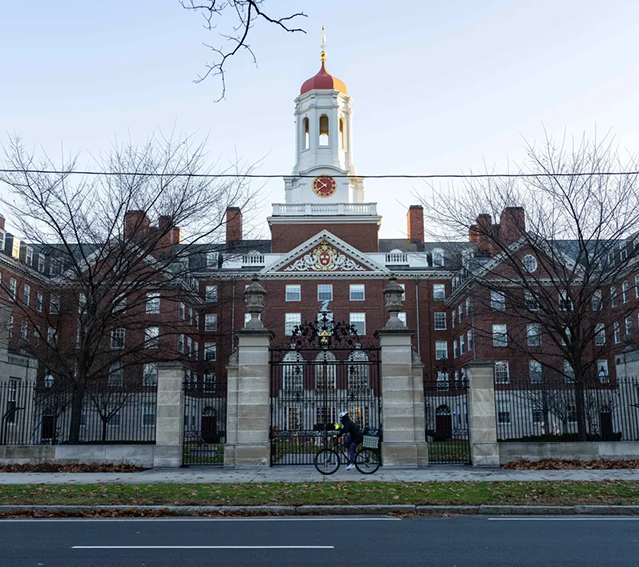
18 March 2025
Written by: Commodo Consequat
Summary of the Article: “Harvard Is Going Tuition-Free for Families Making Up to $200,000”, Bloomberg. March 17, 2025
The SAT has become the center of a significant debate on the effectiveness of helping decide which students are ready for college. This article argues that the SAT can be very helpful in determining student success in college and beyond, even for less advantaged students. With the recent court decisions on eliminating affirmative action in college admissions, the SAT can help identify those students who show aptitude but come from disadvantaged backgrounds.
Source: Bloomberg
Harvard University is eliminating tuition fees for students from families with incomes of $200,000 or less, attempting to broaden access to the school at a time when elite universities are under attack from the White House and lawmakers. The expansion of financial aid at Harvard, the oldest and richest US college, means the school will be free for families making $100,000 or less, with food and housing also covered. Students who meet the $200,000 threshold won’t pay tuition, according to a statement Monday.
Similar programs were announced recently at the University of Pennsylvania and the Massachusetts Institute of Technology, with the push to boost affordability coming as the sticker price to attend many elite schools stretches beyond $90,000 a year.
“Putting Harvard within financial reach for more individuals widens the array of backgrounds, experiences, and perspectives that all of our students encounter, fostering their intellectual and personal growth,” Harvard President Alan Garber said.
The new program will start in the 2025-26 academic year and will help about 86% of families in the US qualify for Harvard College’s financial aid, according to the statement. Currently, the school is tuition-free for families making as much as $85,000 a year.
The plan is being announced as the Trump administration threatens to pull federal funding from the school and other colleges, citing failures to tackle antisemitism, as well as for support of diversity, equity and inclusion efforts.
Lawmakers are also targeting raising taxes on endowments, which Vice President JD Vance has described as “cancers on American society.” Harvard has said its $53 billion endowment remains the largest source of revenue supporting the university’s budget and that it supports aid for the neediest students.
In response to the funding pressure, Garber this month announced a temporary hiring freeze warning that the institution needs to limit new long-term commitments until leaders “better understand how changes in federal policy will take shape and can assess the scale of their impact.” Other schools, including Penn and Stanford University, have taken similar steps.
Undergraduate tuition at Harvard is about $57,000 a year, with more than half of students receiving financial aid.
As millions of Americans struggle to pay back student loans, more families are questioning whether high-priced degrees are worth it. And while elite colleges continue to be flooded with applications from ambitious students, they’re increasingly taking steps to address affordability concerns.
Penn recently said it would stop including a family’s equity in their primary home when determining financial aid and increased the threshold for families to receive full tuition aid to $200,000 from $140,000. At MIT, families earning less than $100,000 can expect to get a full ride starting next fall, with students under the $200,000 threshold not paying tuition.
Previously, students at Harvard from families making as much as $150,000 were expected to contribute as much as 10% of their annual income toward the cost of attending. In addition to increasing the threshold for free tuition, the school also said it was boosting aid “depending on individual circumstances” for students whose families make more than $200,000.
“We know the most talented students come from different socioeconomic backgrounds and experiences, from every state and around the globe,” said William Fitzsimmons, Harvard College’s dean of admissions and financial aid.
By Pierre Paulden
Back to all Articles
